Word for Woman Is Wilderness | Abi Andrews
THE OFFICIAL NORTH AMERICAN EDITION!"Beguiling, audacious... rises to its own challenges in engaging intellectually as well as wholeheartedly with its questions about gender, genre and the concept of wilderness. The novel displays wide reading, clever writing and amusing dialogue." --The GuardianThis is a new kind of nature writing -- one that crosses fiction with science writing and puts gender politics at the center of the landscape.Erin, a 19-year-old girl from middle England, is travelling to Alaska on a journey that takes her through Iceland, Greenland, and across Canada. She is making a documentary about how men are allowed to express this kind of individualism and personal freedom more than women are, based on masculinist ideas of survivalism and the shunning of society: the "Mountain Man." She plans to culminate her journey with an experiment: living in a cabin in the Alaskan wilderness, a la Thoreau, to explore it from a feminist perspective.The book is a fictional time capsule curated by Erin, comprising of personal narrative, fact, anecdote, images and maps, on subjects as diverse as The Golden Records, Voyager 1, the moon landings, the appropriation of Native land and culture, Rachel Carson, The Order of The Dolphin, The Doomsday Clock, Ted Kaczynski, Valentina Tereshkova, Jack London, Thoreau, Darwin, Nuclear war, The Letters of Last Resort and the pill, amongst many other topics."Refreshingly outward-looking in a literary culture that turns ever inward to the self, although it still has profound moments of introspection. Uplifting, with a thirsty curiosity, the writing is playful and exuberant. Riffing on feminist ideas but unlimited in scope, Andrews focuses our attention on our beautiful, doomed planet, and the astonishing things we have yet to discover." --Ruth McKee, The Irish Times
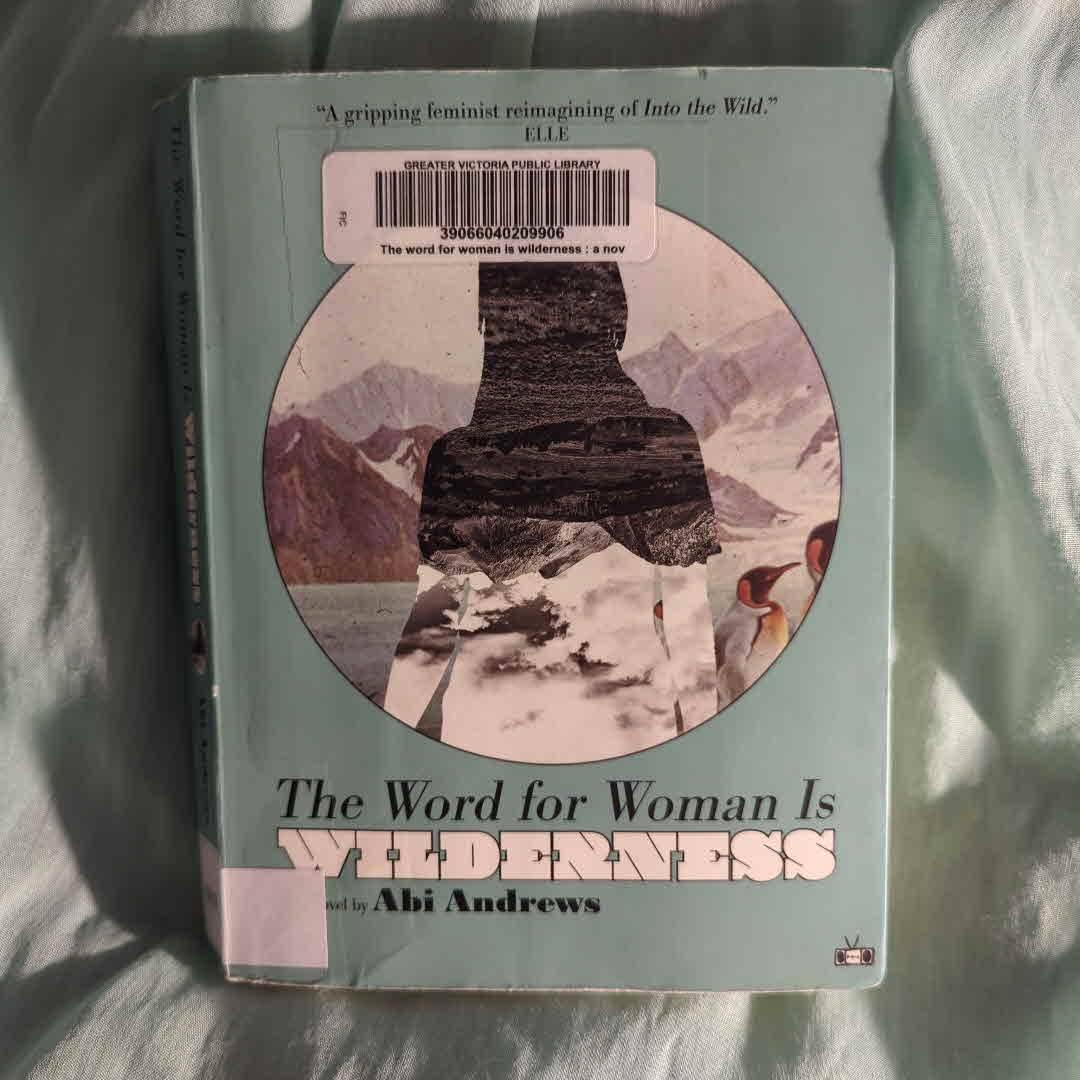







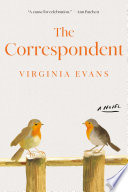
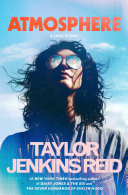
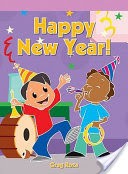
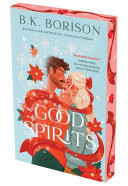
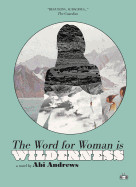







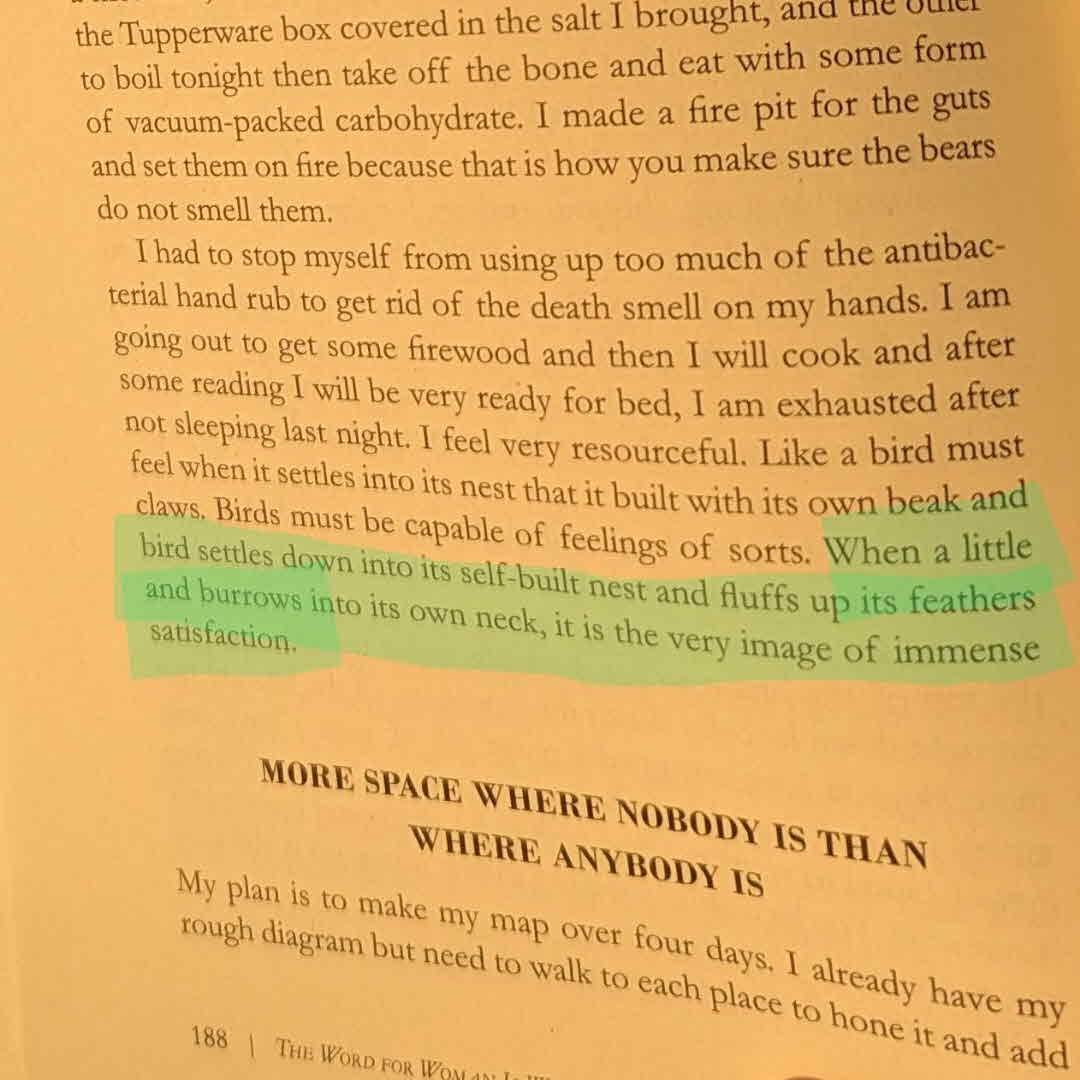
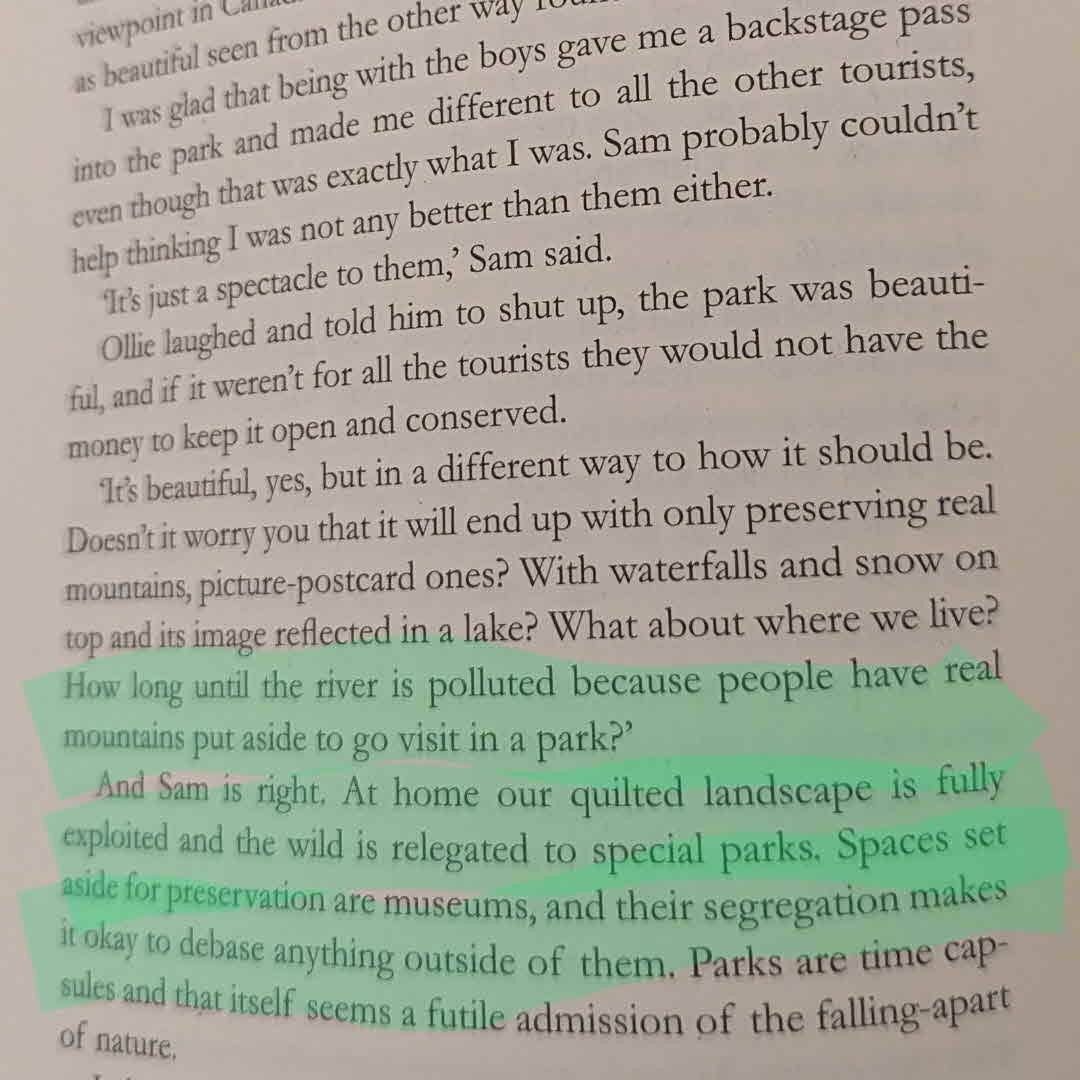

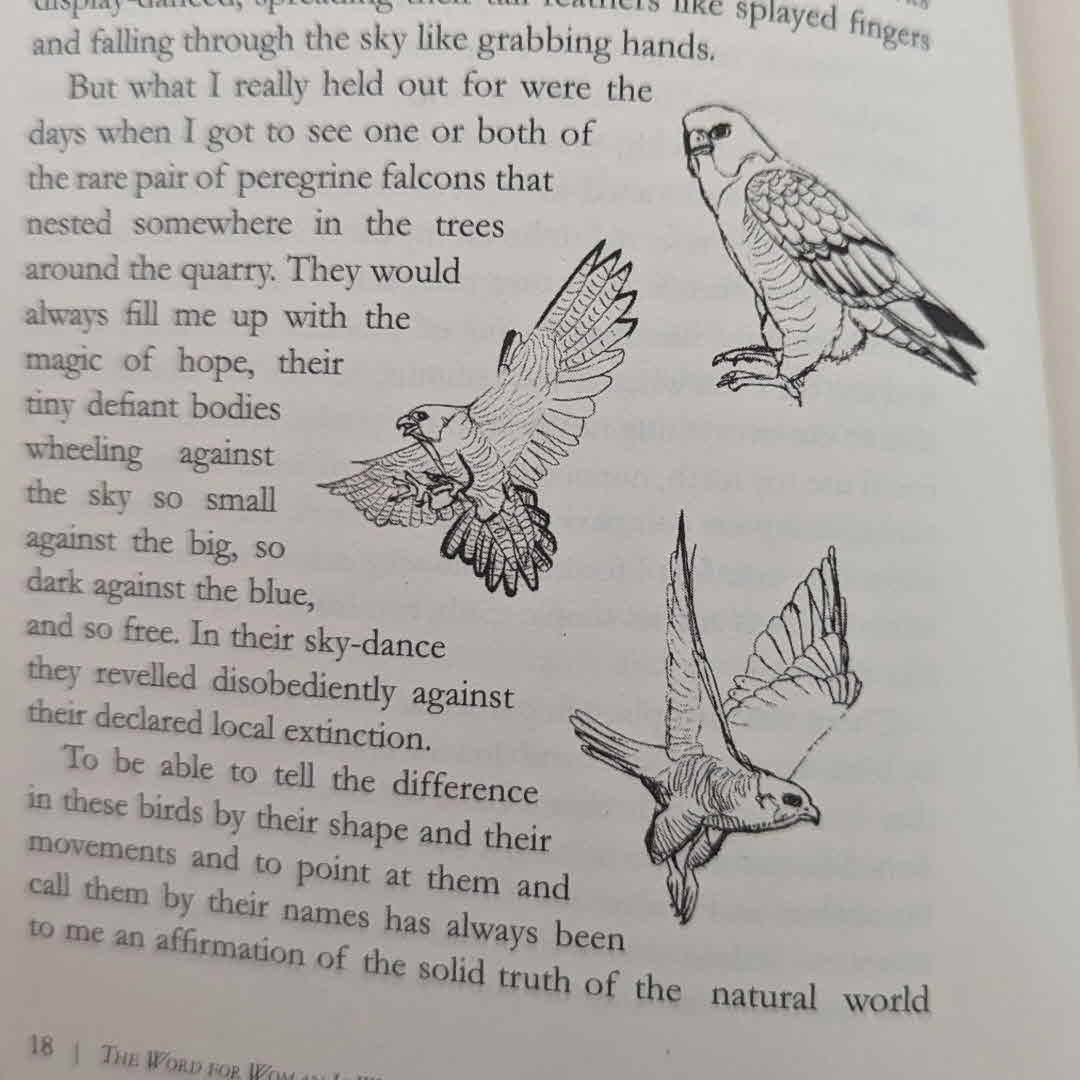

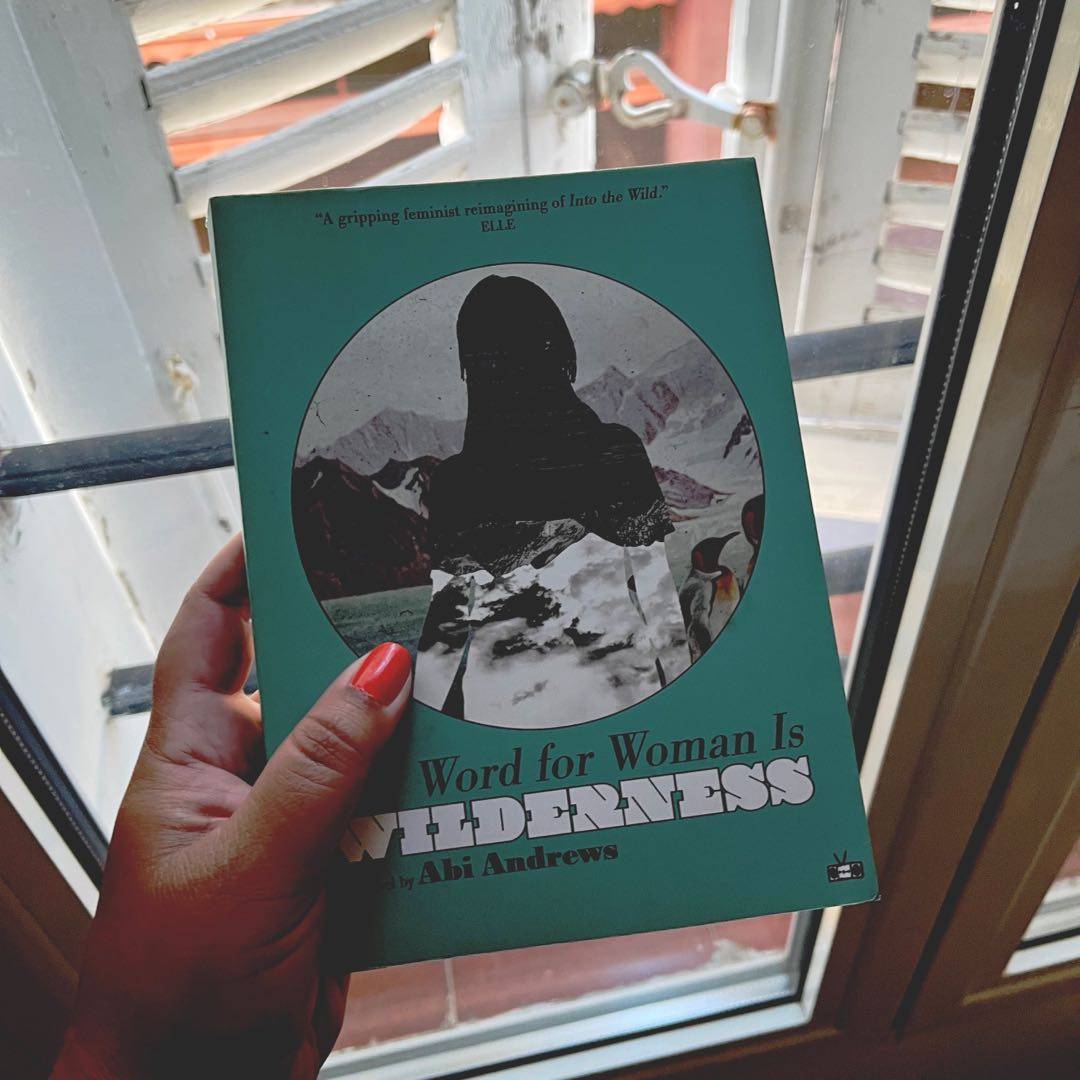

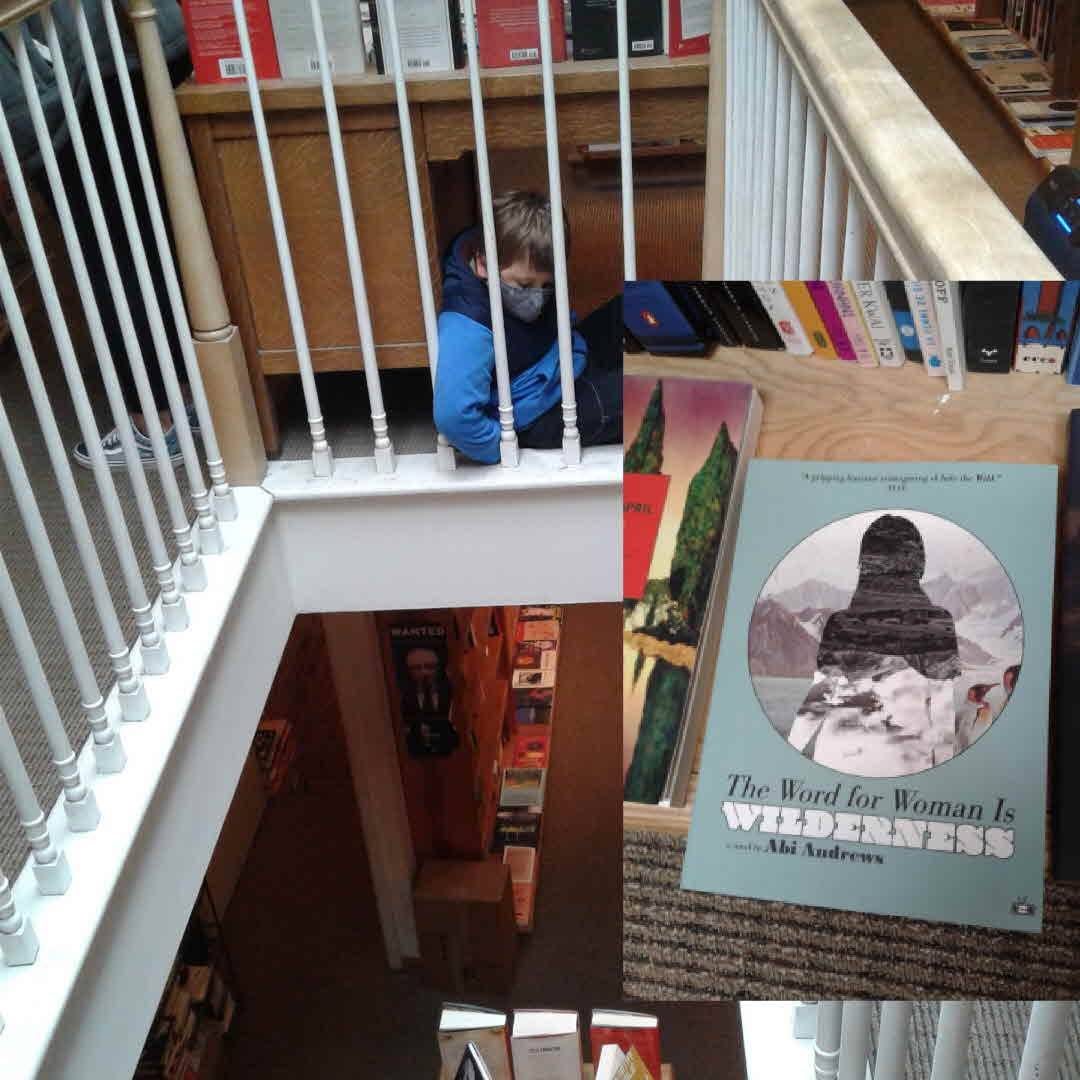

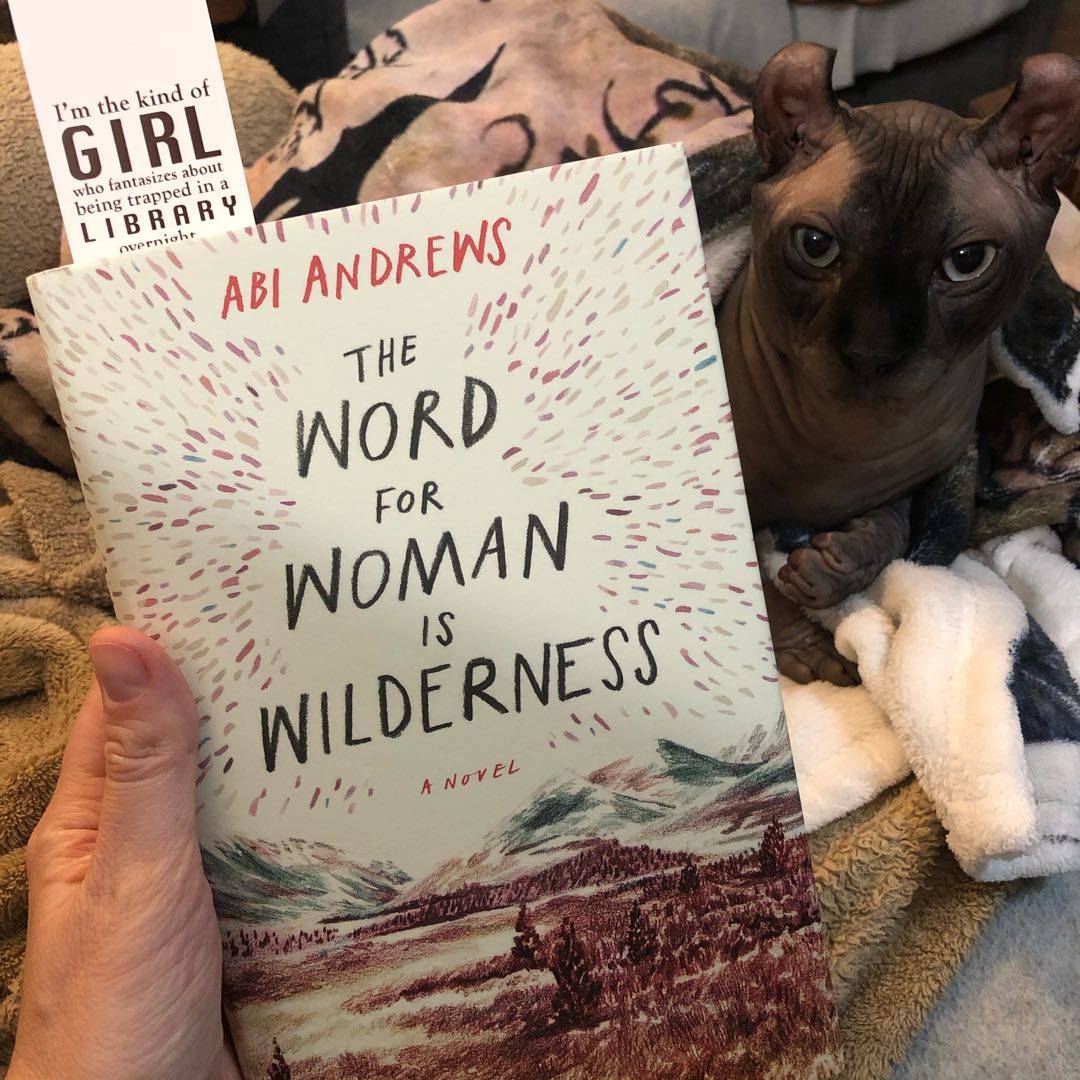

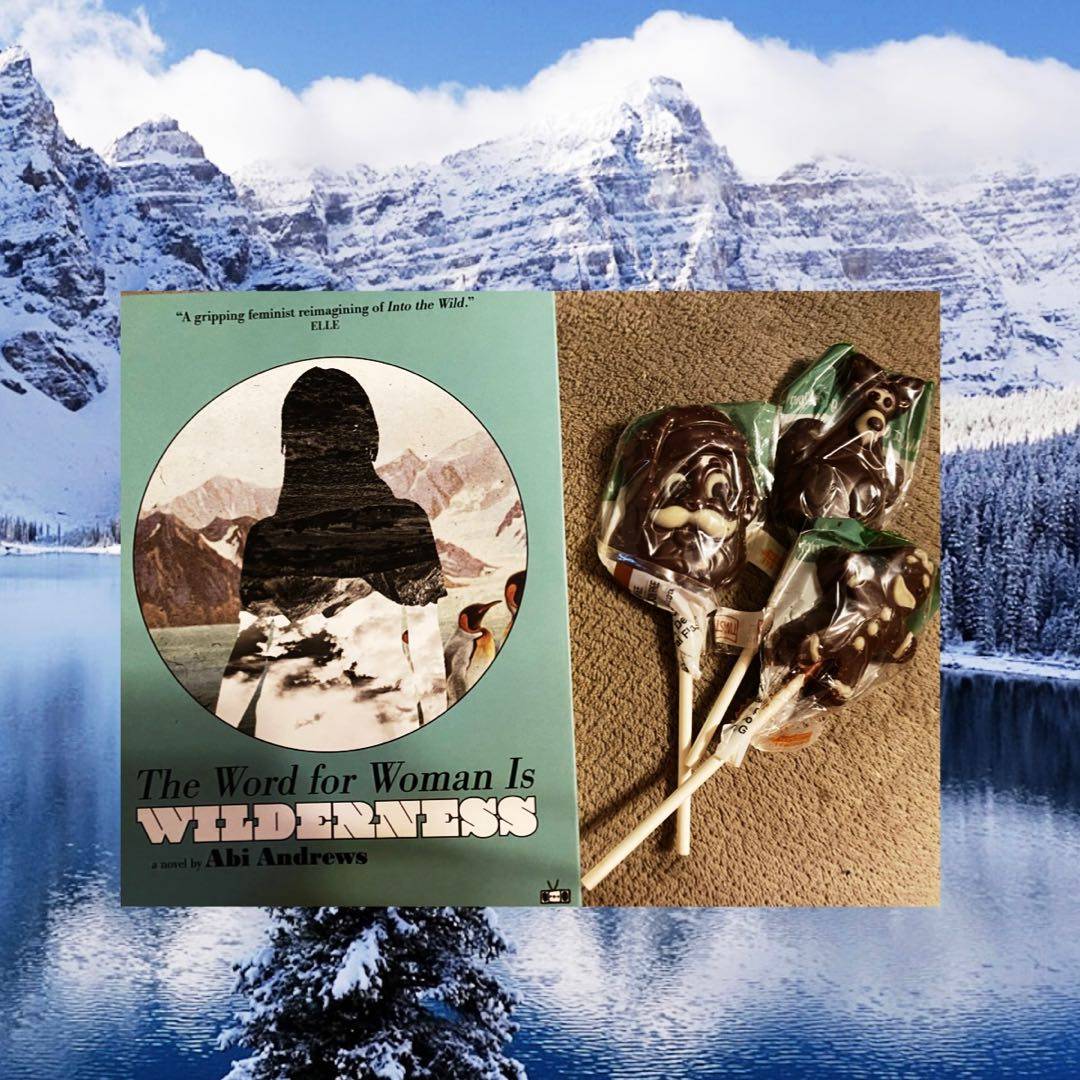
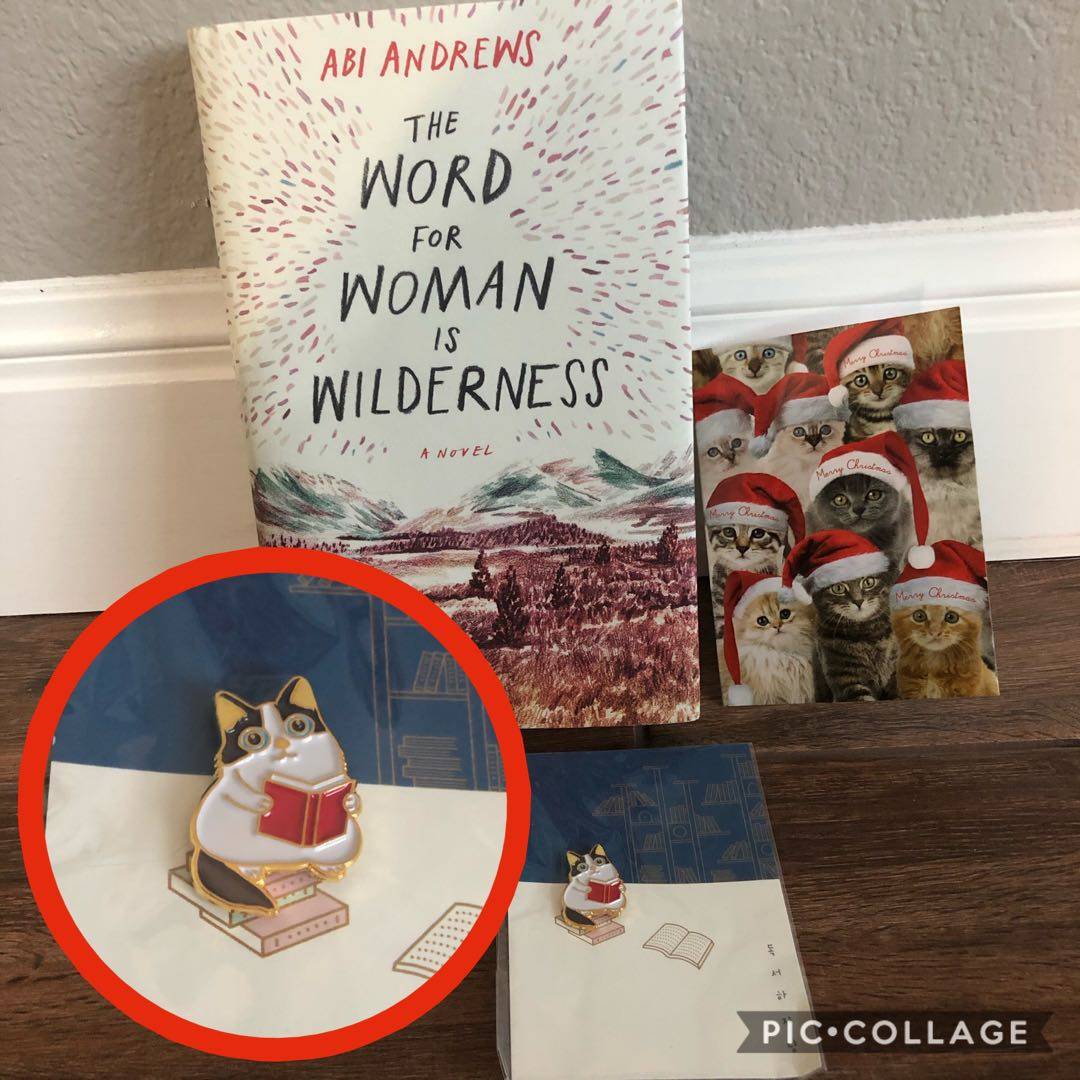


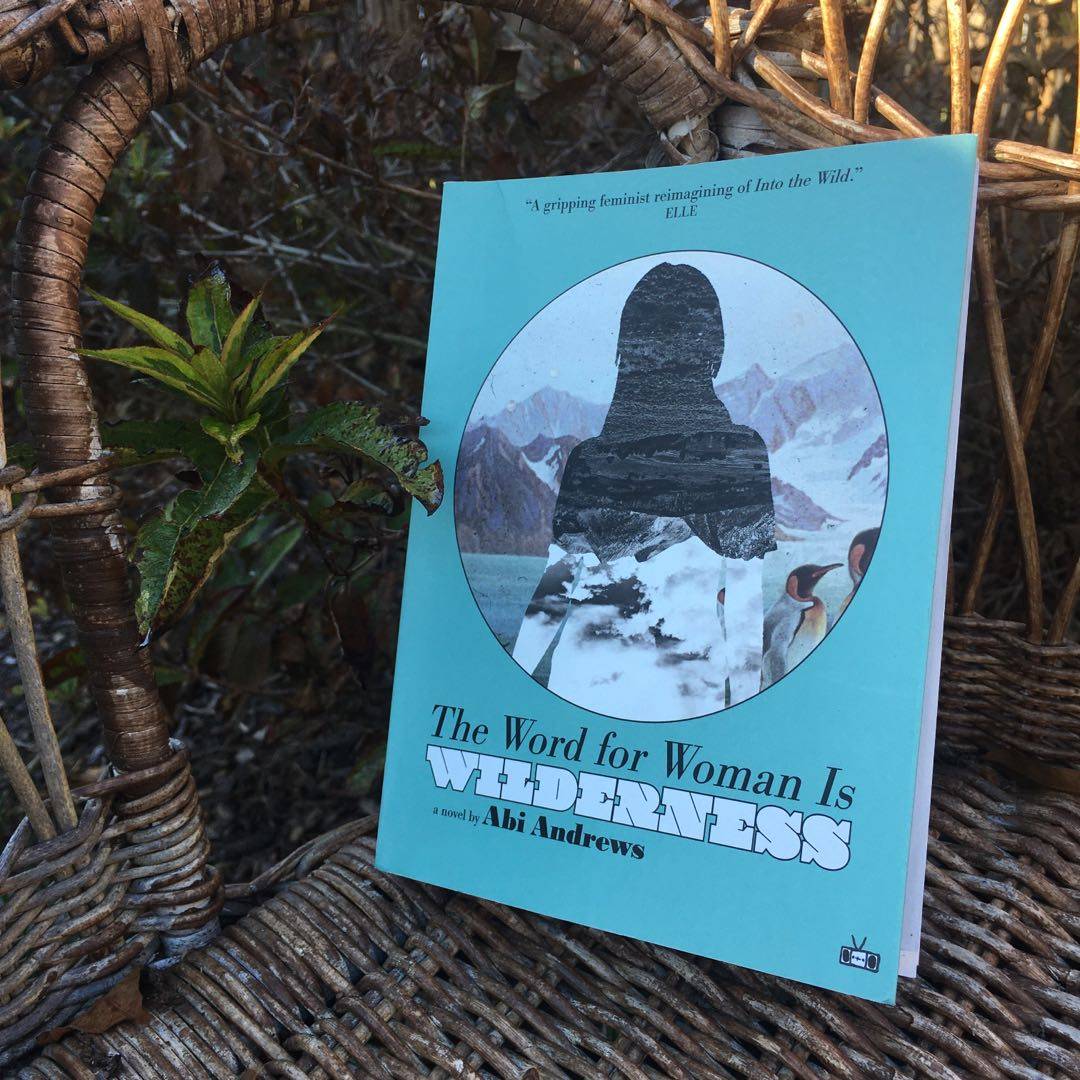
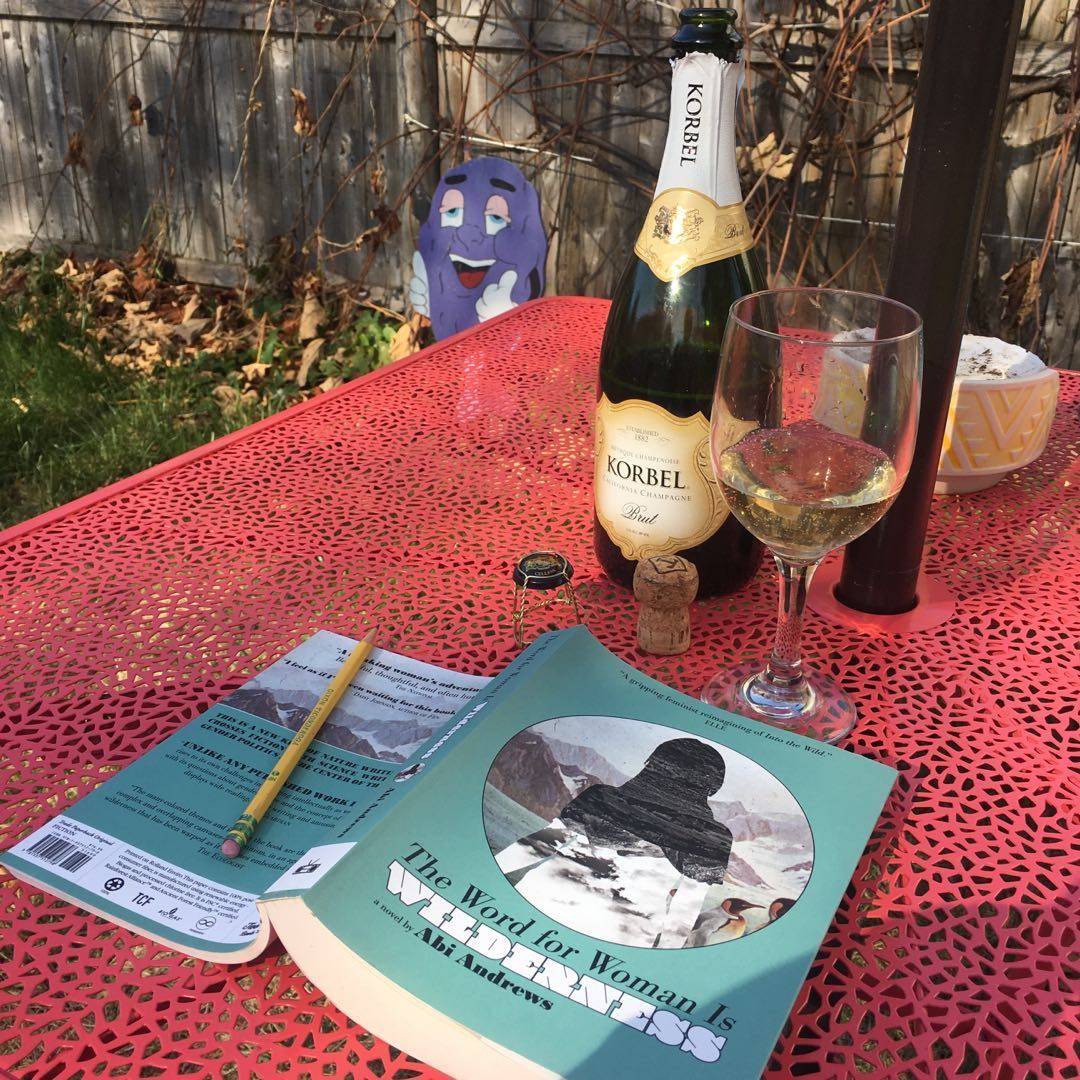
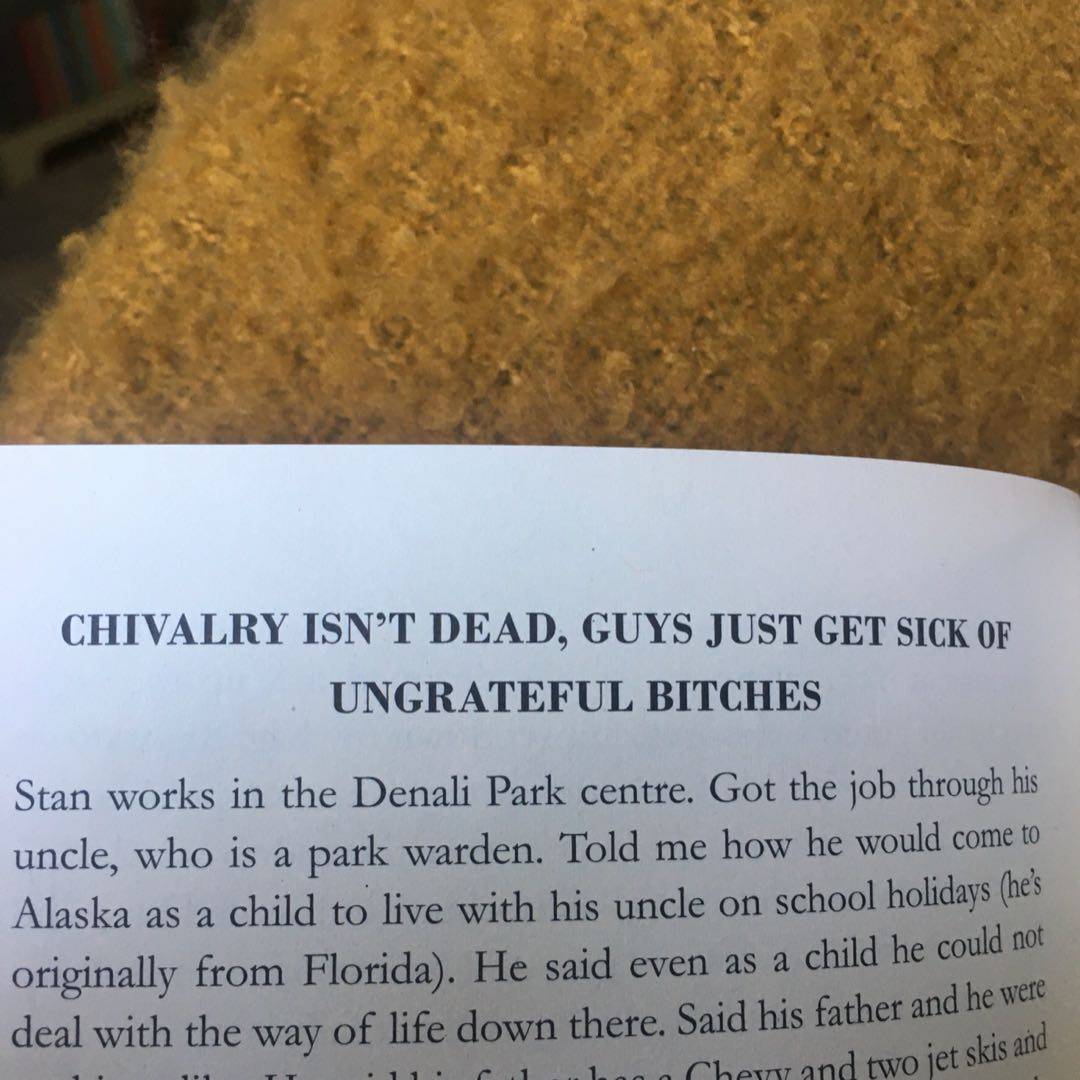
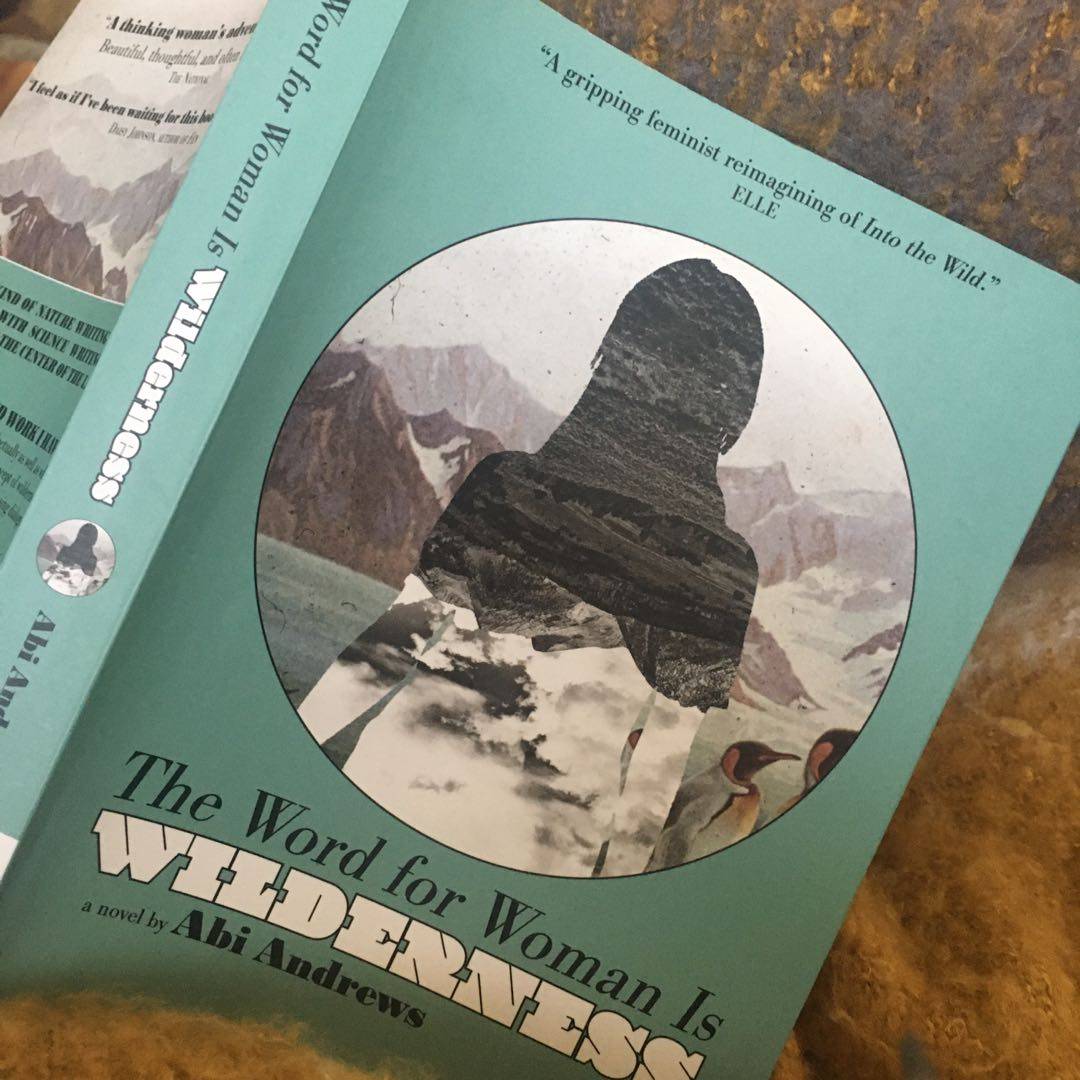


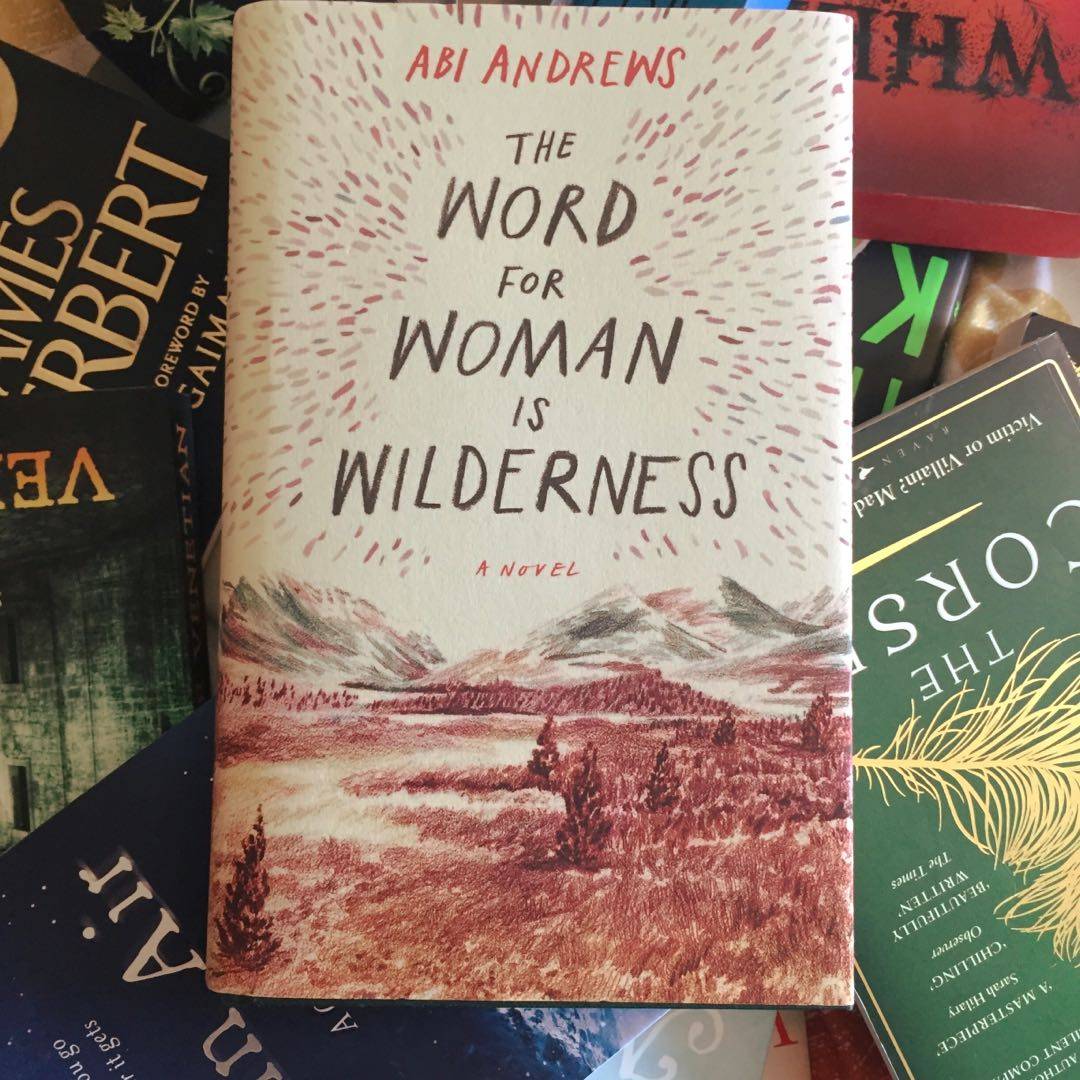


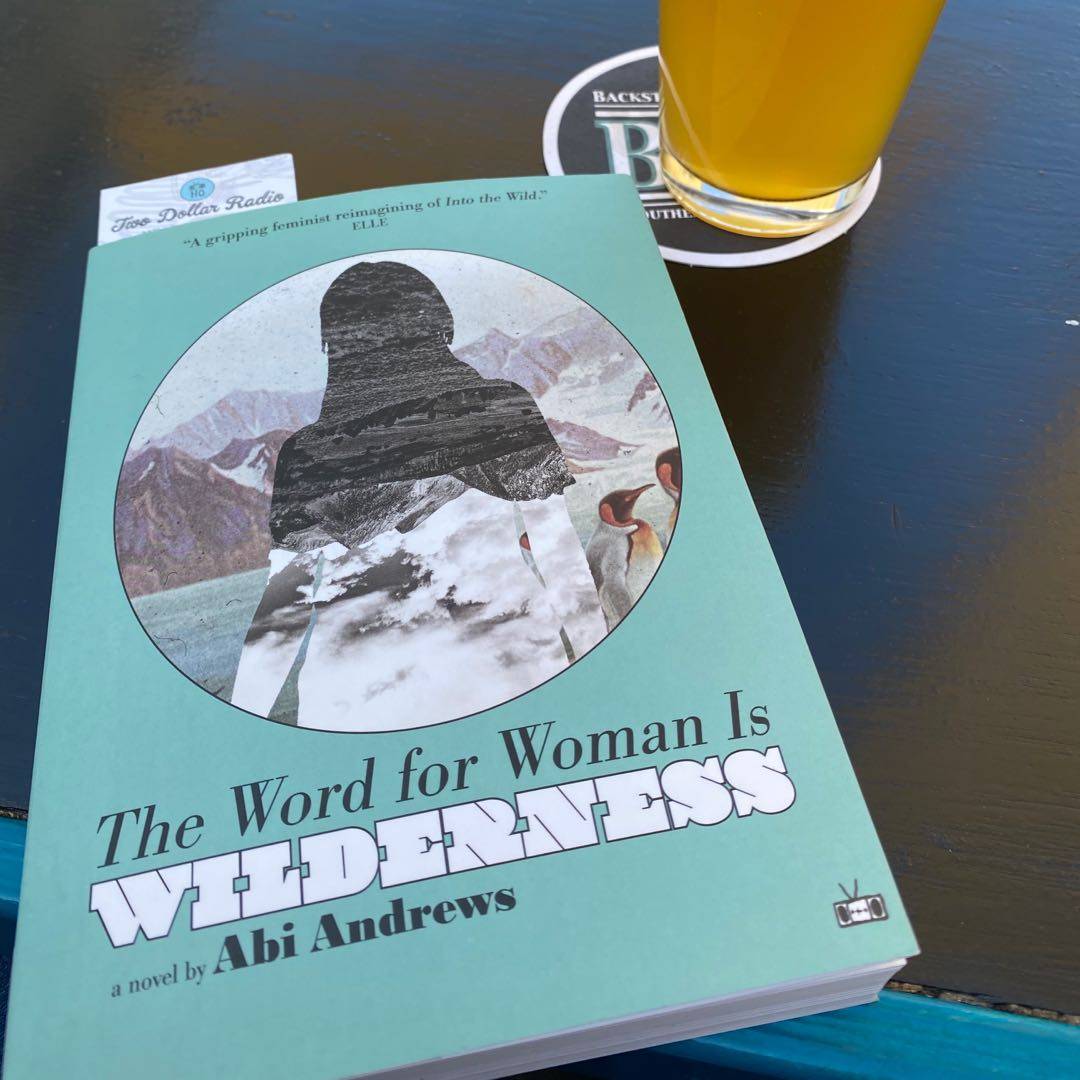


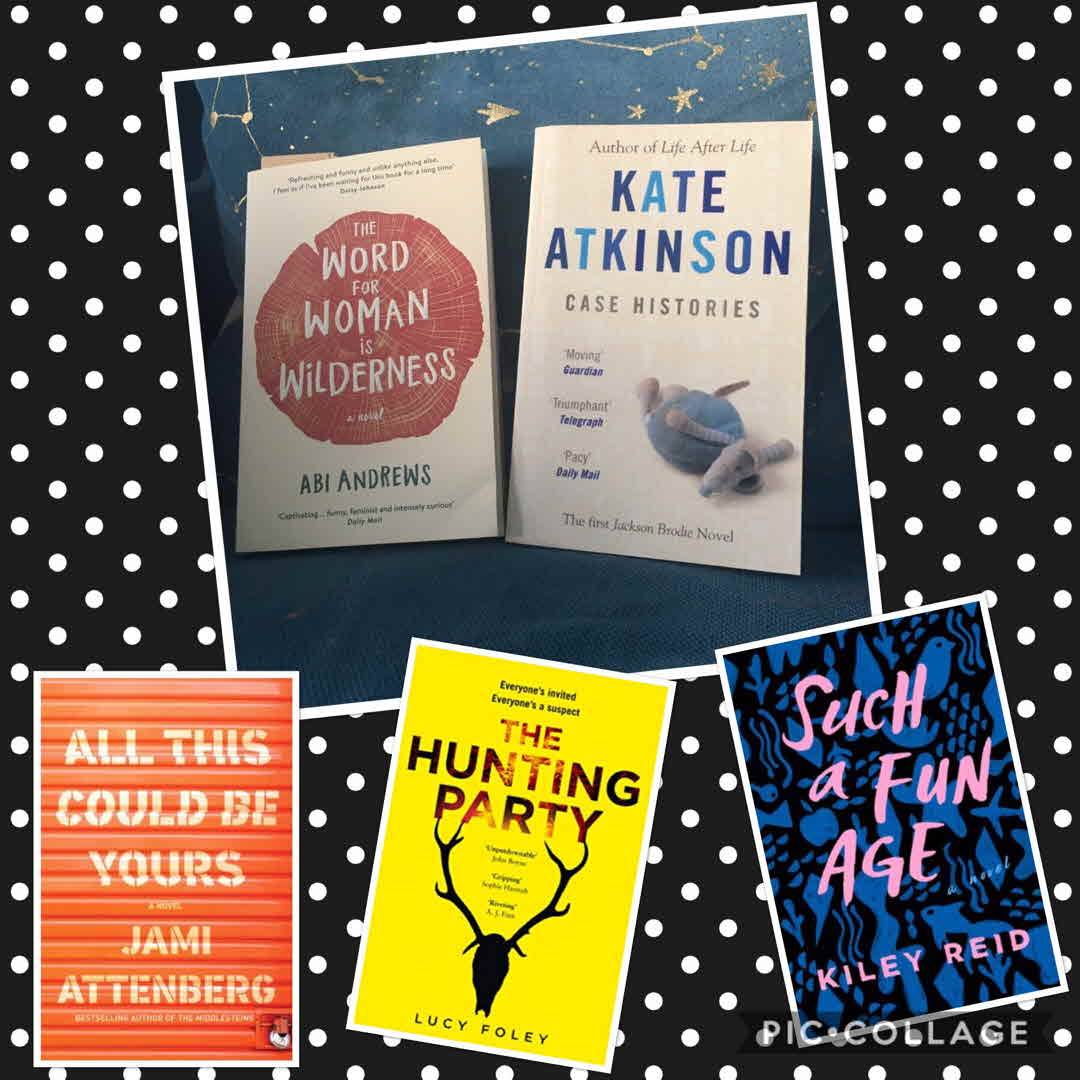
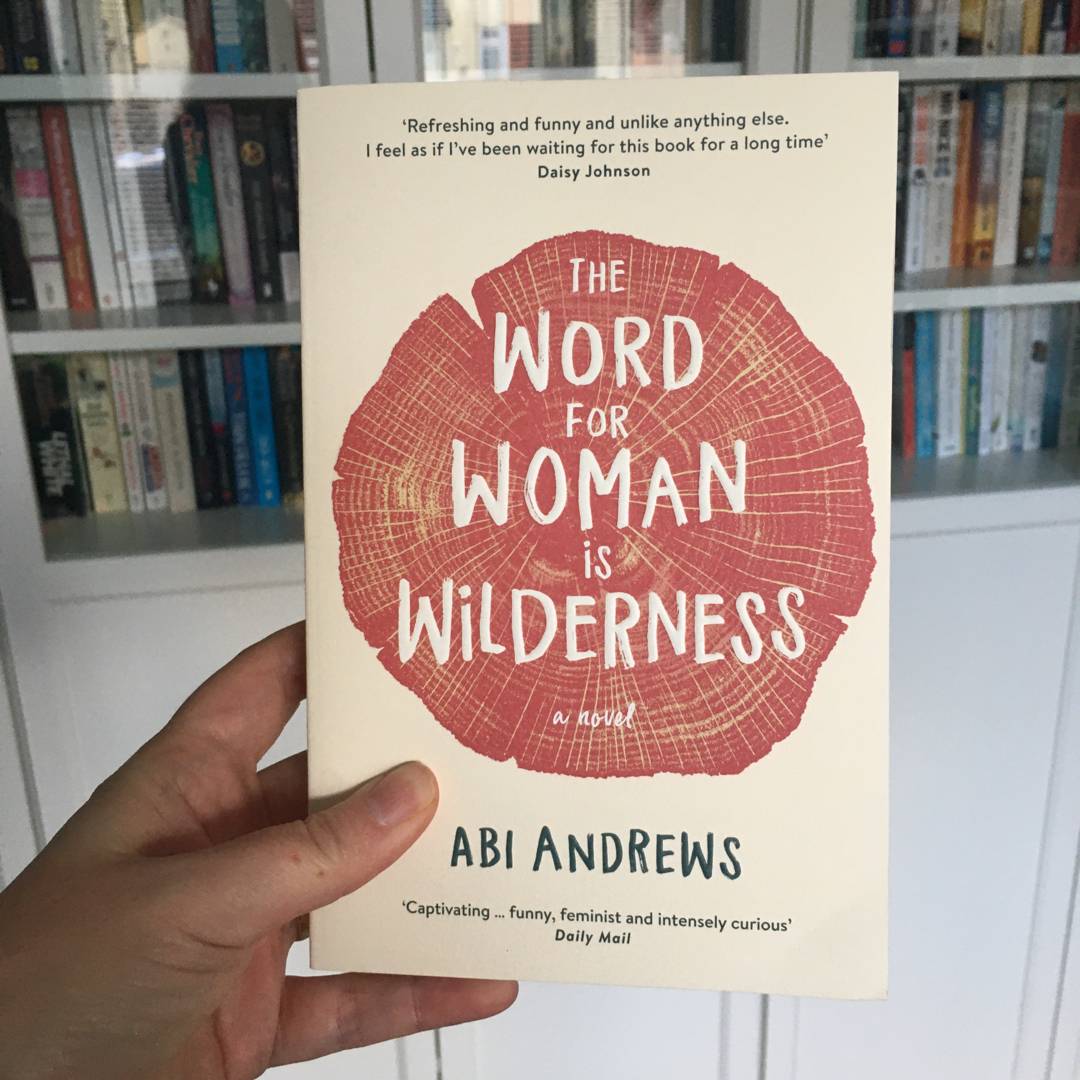
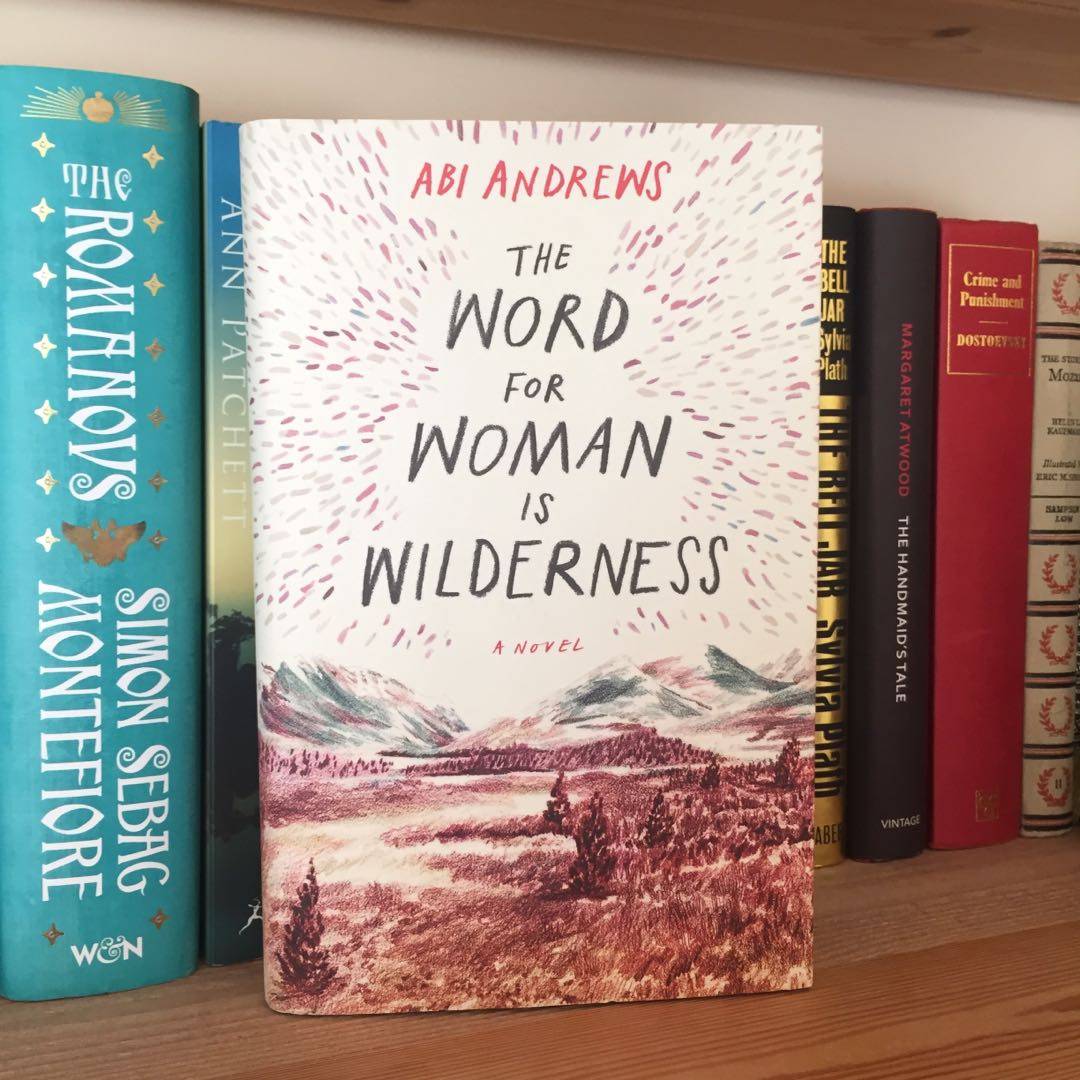

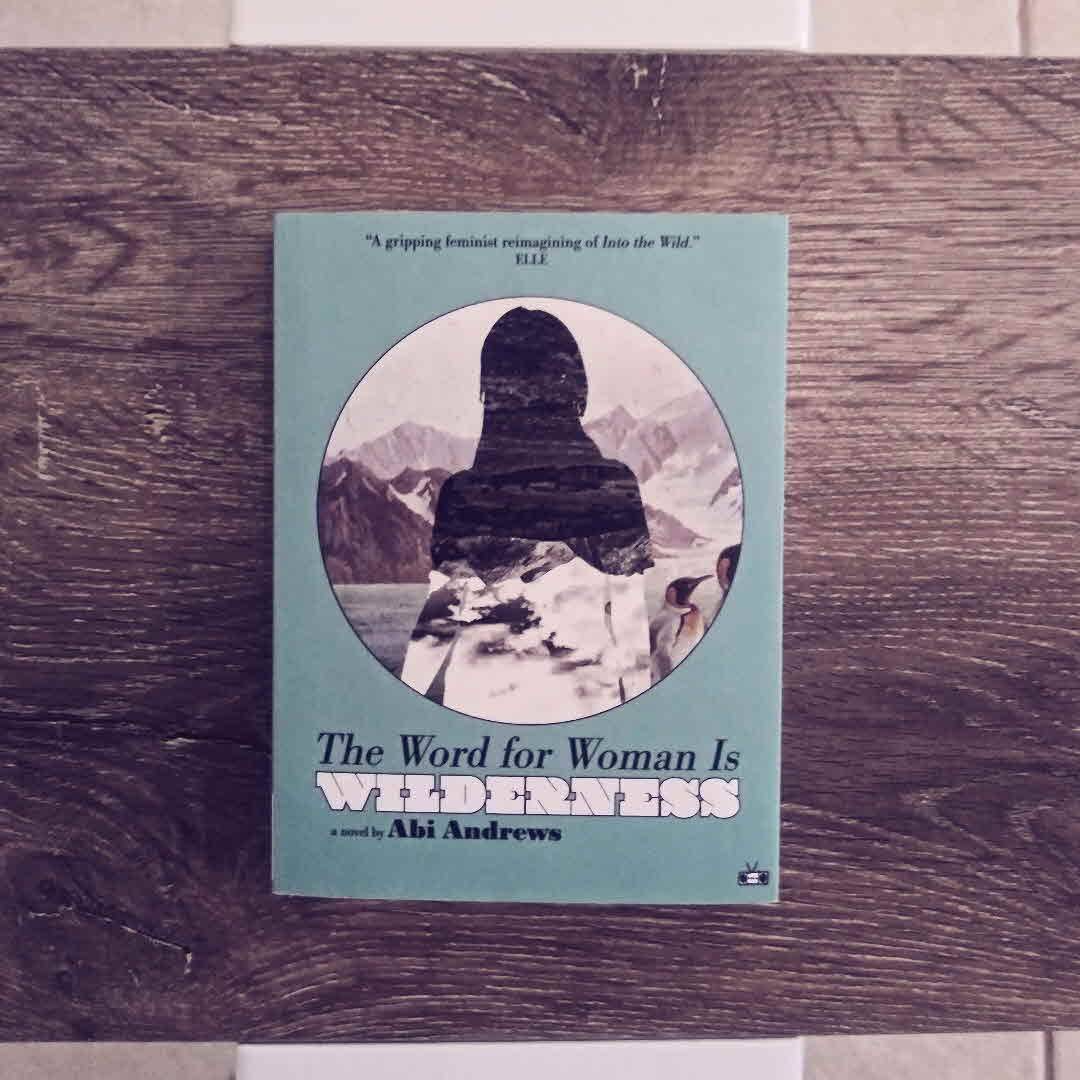


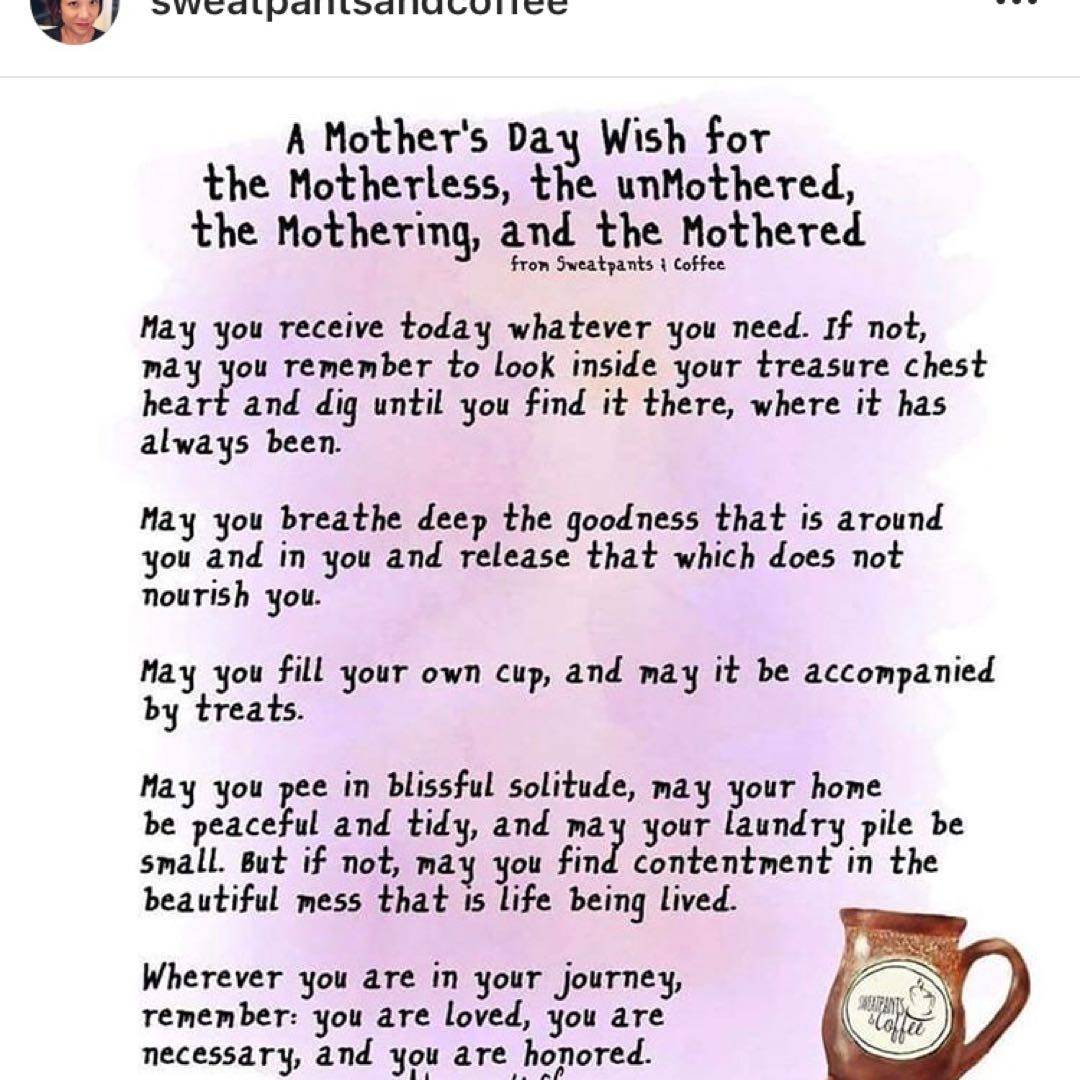

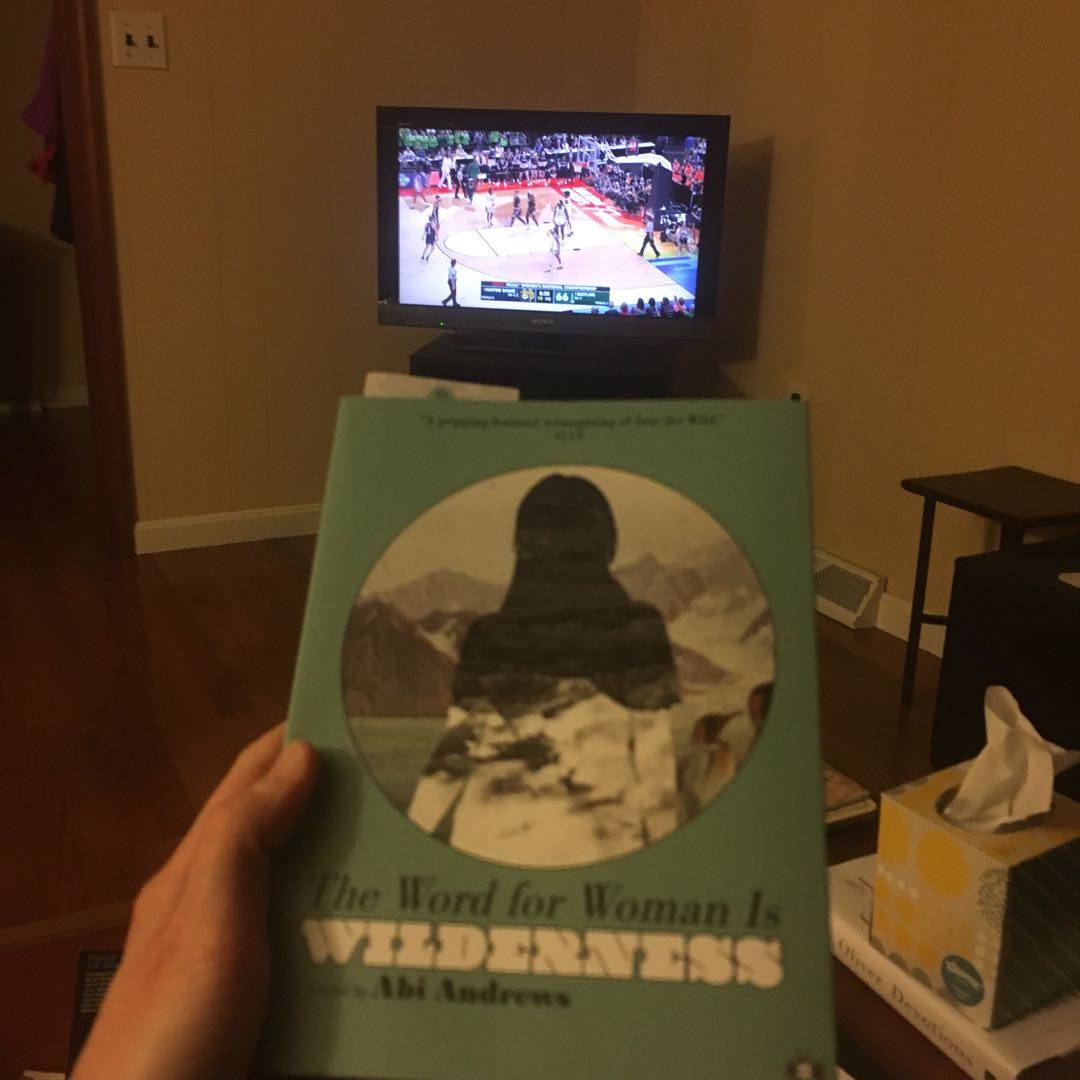

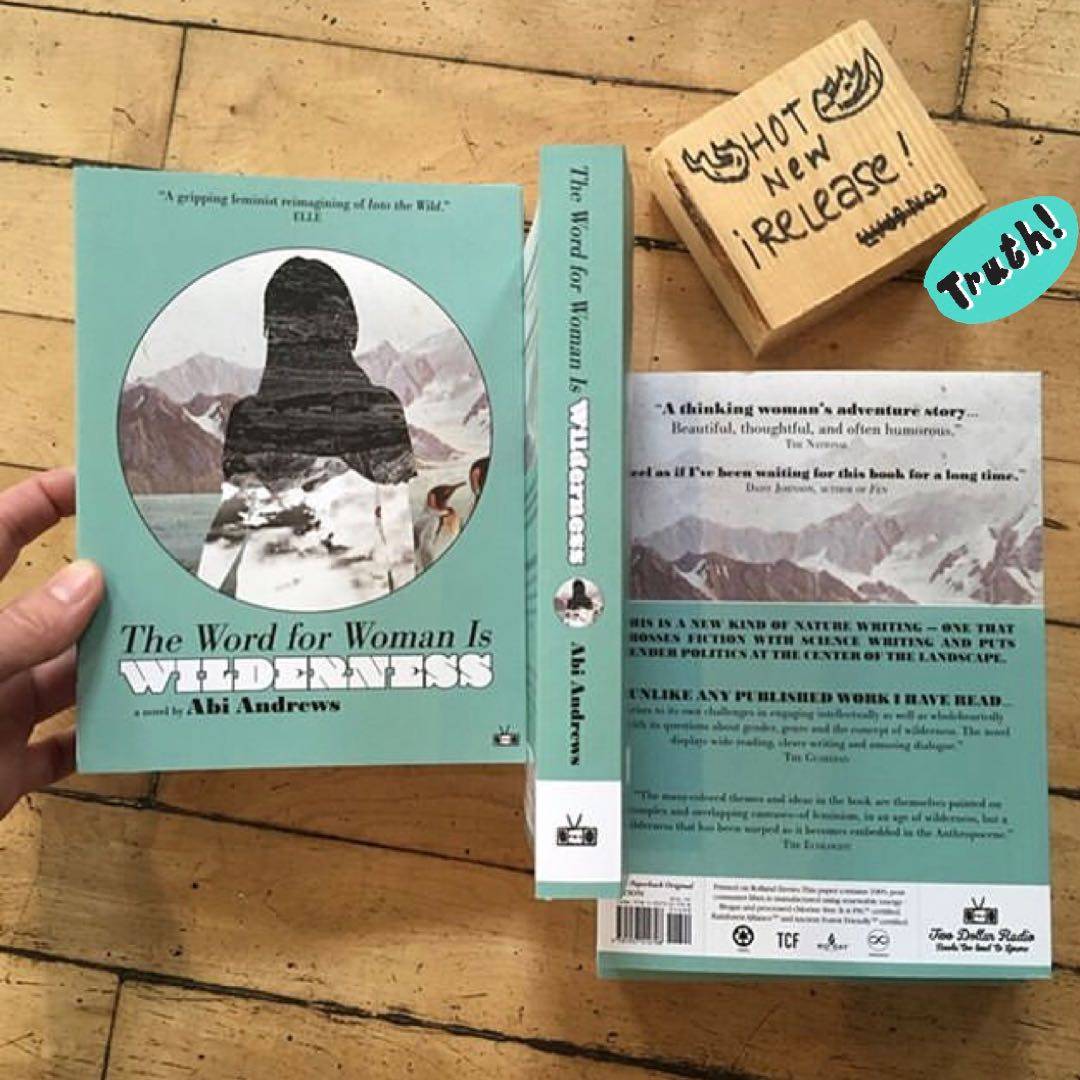
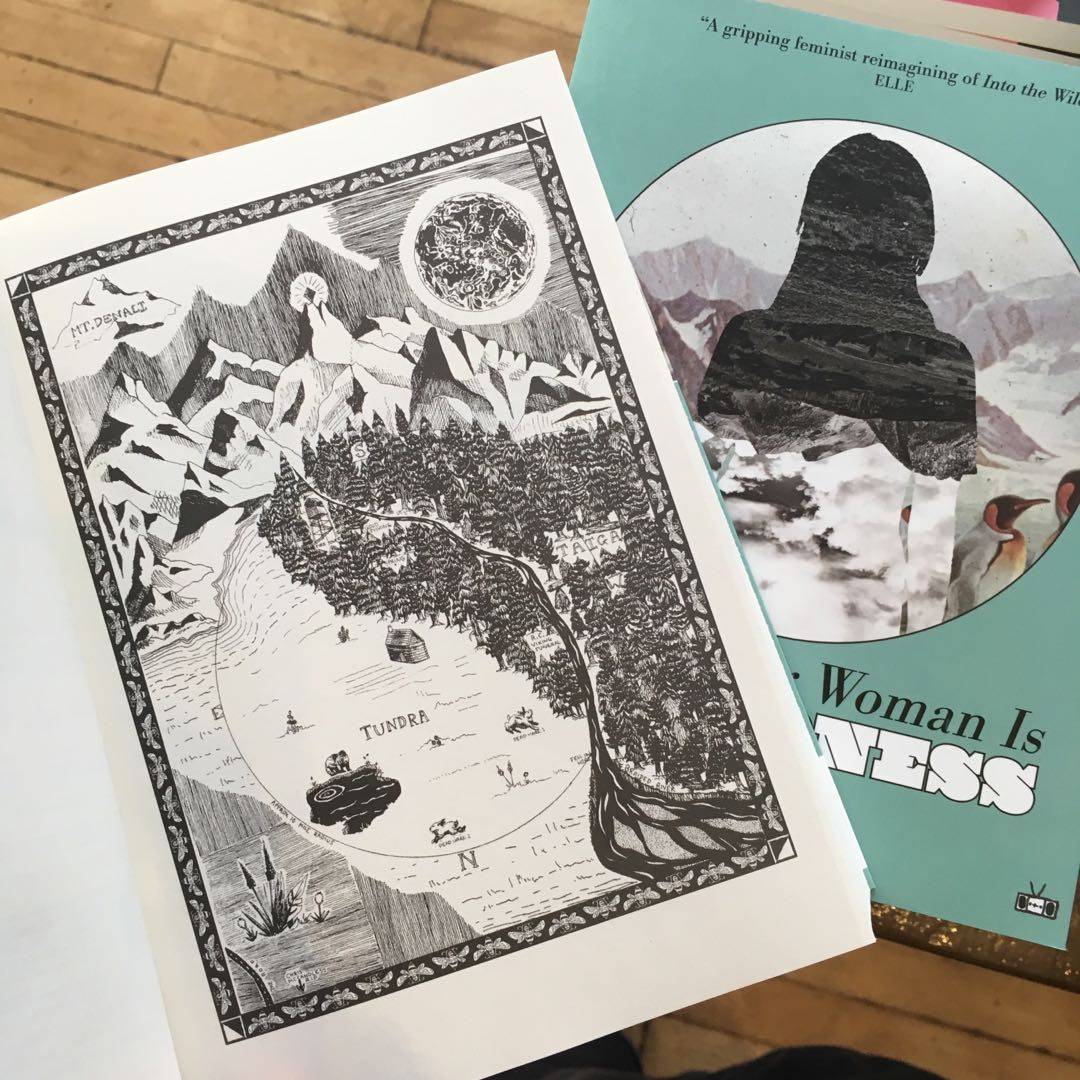

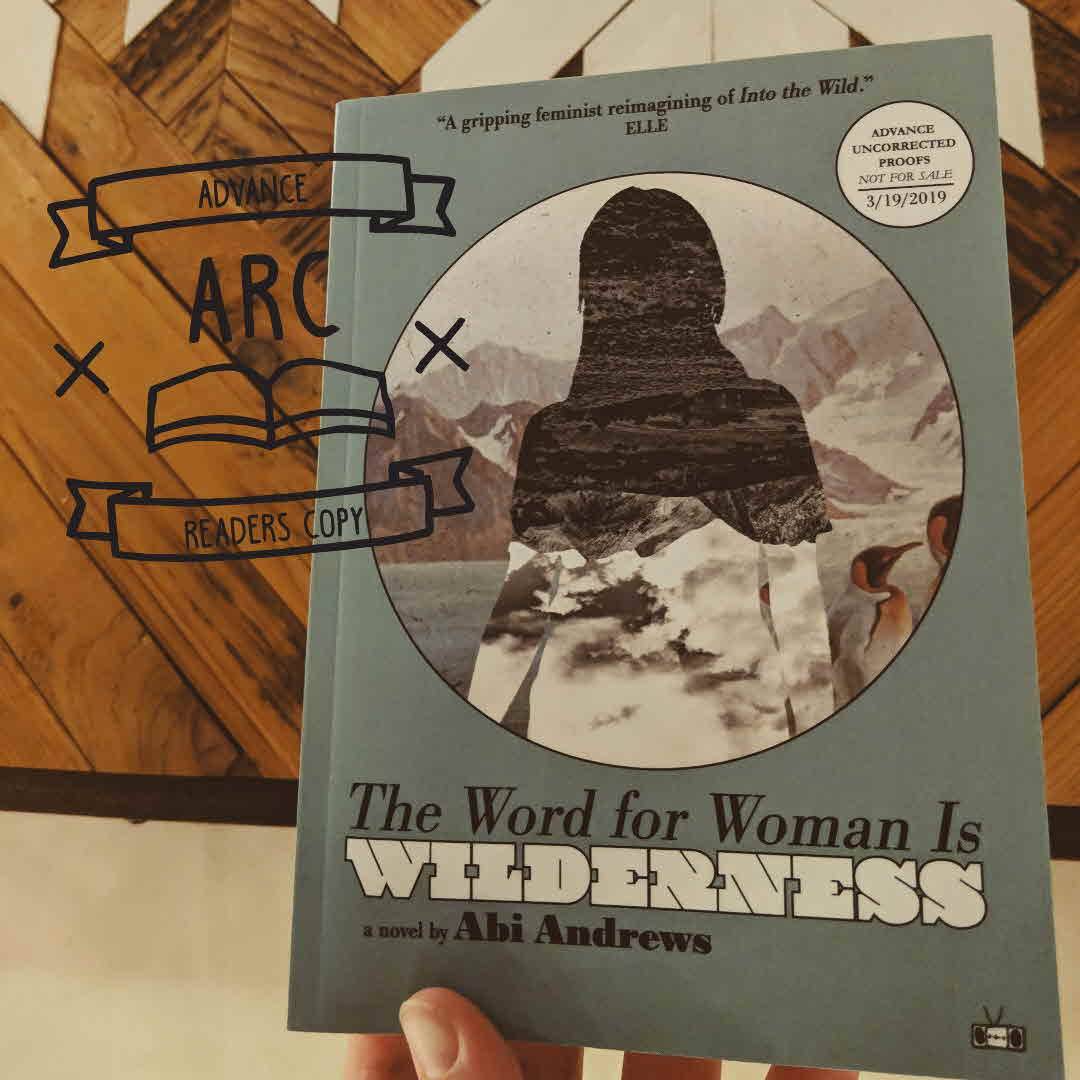

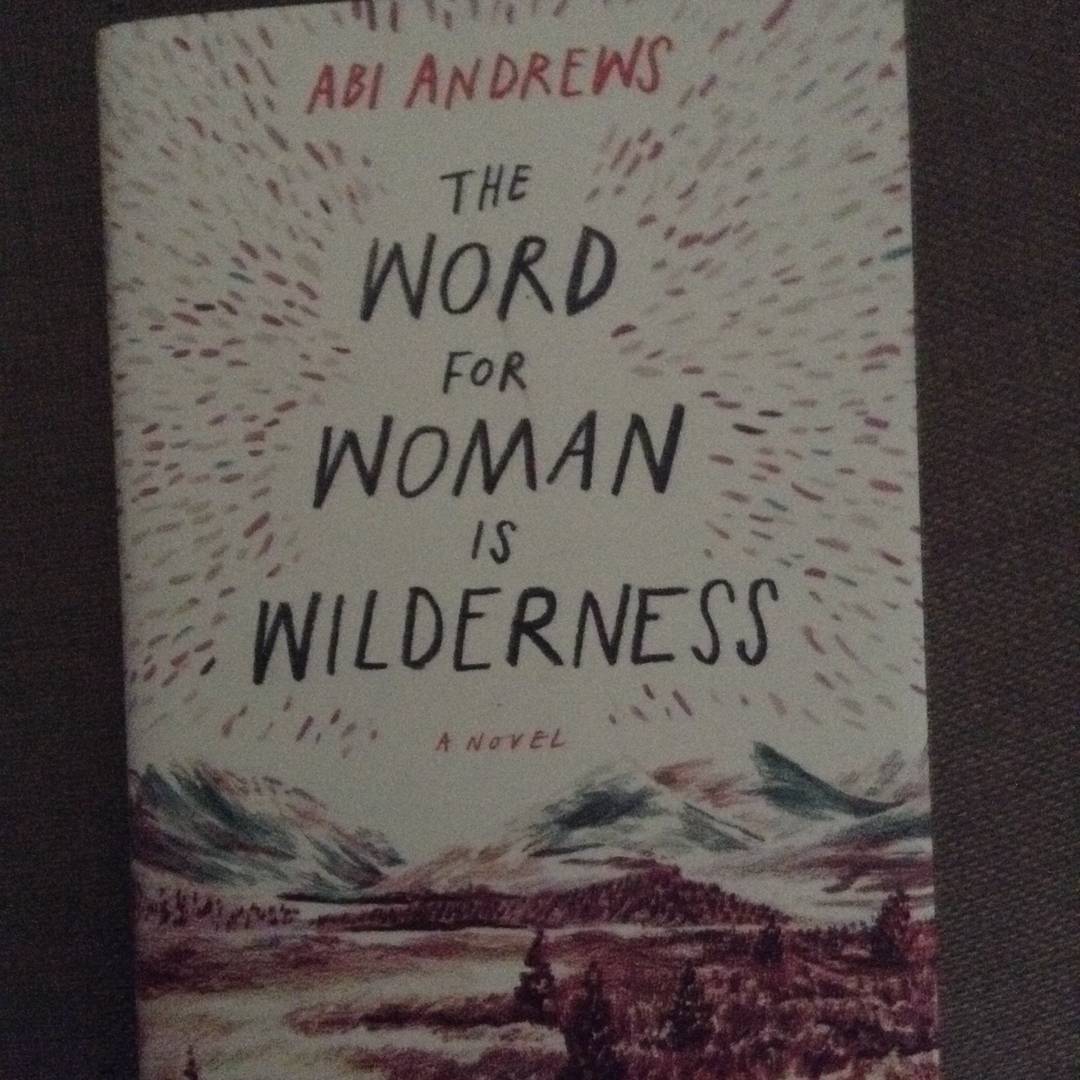

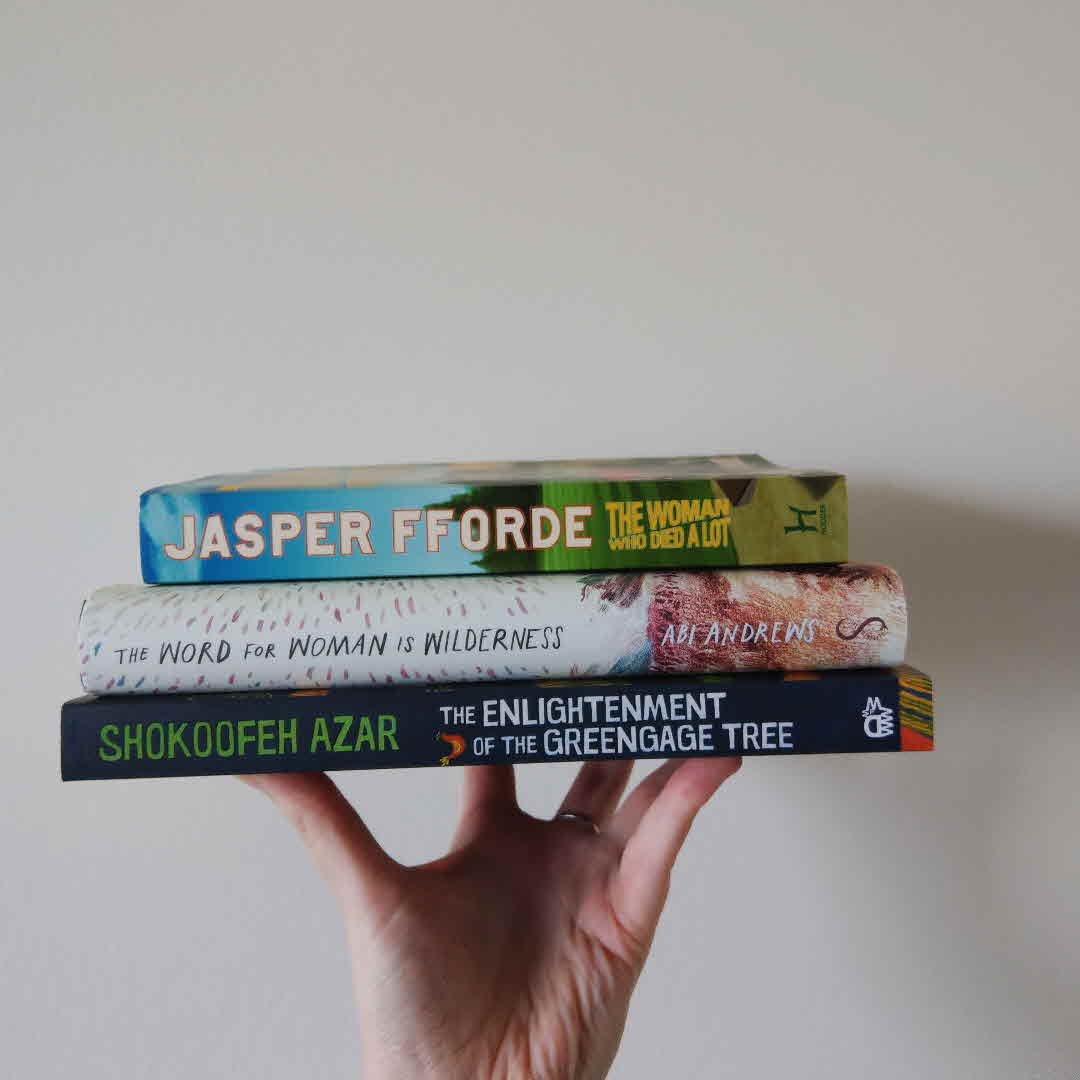
The idea of identities outside the gender binary are really only touched on in relation to the Indigenous Two Spirit sense, and then briefly, alongside acknowledging historically Indigenous matriarchies. I'm just left with a bad aftertaste of earlier waves of feminism, i.e. 'being a woman means this, this, and this, and men are historically trash' without much nuance added. It feels like near the end the author might be pushing beyond those boundaries, but it's a long time to spend reading over and over again this reaffirming of a pretty rigid dichotomy. 3/? 3y
One motion blurred black and white photo of vague scenery as seen from vehicle was enough, it didn't really act as further scene setting repeatedly interspersed in the text as the locations changed. 4/? 3y
Cognitive dissonance, the way it's written, feels like a memoir, but it IS a novel and makes me mistrust any facts delivered. What's real and what is fiction? Without footnotes citing sources, I have to hedge that it's all fake and that does take away from what I think the story was hoping to do. You could argue that there are all kinds of novels that don't bother to cite what might fall under the umbrella of 'common knowledge', but this writing goes in depth on a number of topics, scientific, historical and sociological, and it just feels like work not done that only some direct quotes are given credit in just two pages of acknowledgements (no other citations, list of sources in the book). 🤨 5/6 3y